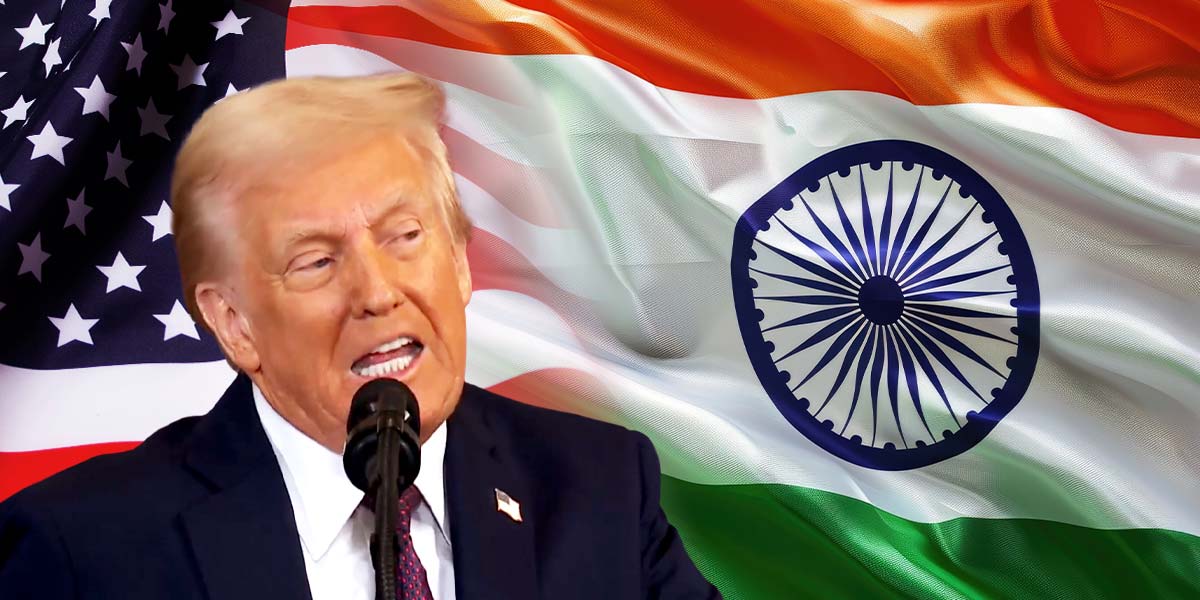U.S.-India trade tensions escalated on Monday as President Donald Trump repeated his intention to impose higher tariffs on Indian imports, citing New Delhi’s ongoing purchases of Russian oil.
The Trump administration contends that India not only imports significant volumes of Russian crude but also resells some of it internationally for substantial gains, a practice the U.S. believes undermines efforts to pressure Moscow over its invasion of Ukraine.
The Indian government swiftly rejected the U.S. criticism, labeling it unreasonable and emphasizing its commitment to protect its economic and national interests. Officials in New Delhi said oil imports from Russia are driven by necessity, given alterations in traditional supply routes following the Ukraine conflict. They also highlighted ongoing European Union trade with Russia, calling out what they see as double standards among western nations.
Amid these heightened tensions, Trump announced a fresh round of broader sanctions on Russia and countries trading in its energy, threatening additional penalties unless Moscow shifts course in Ukraine. So far, Russian President Vladimir Putin has shown no indication of changing his strategy.
According to Reuters, despite the U.S. actions, India remains the largest importer of Russian seaborne crude, recently averaging 1.75 million barrels per day, driven by both economic need and longstanding ties with Moscow.
While main Indian refiners temporarily suspended Russian oil purchases last week as discounts narrowed following the tariff threats, government officials insisted there’s no official policy shift. Reports indicate Indian Oil Corp, the country’s largest refiner, sourced oil from the U.S., Canada, and the Middle East to diversify supplies.
The tumultuous relationship is further complicated by unresolved issues surrounding a wider trade accord, ongoing geopolitical disputes, and Trump’s recent imposition of 25% tariffs on Indian goods in July. Additionally, Trump’s relationship with the BRICS group—of which India is a member—remains fraught, as he characterizes the bloc as adversarial, a position its members dispute.
Analysts note that Indian frustration with U.S. policy unpredictability has been growing, particularly as the Trump administration takes credit for an India-Pakistan ceasefire and leaves Delhi uncertain about future American moves toward Russia.





